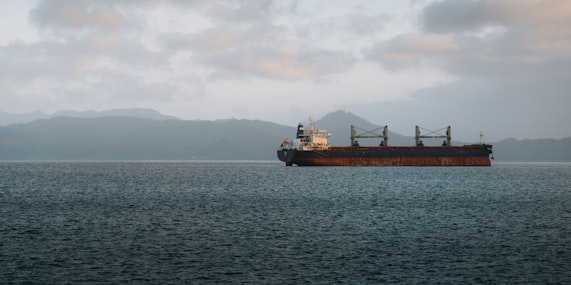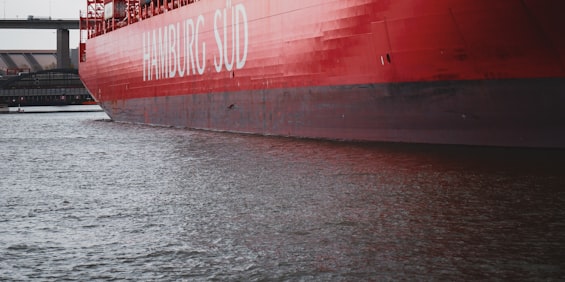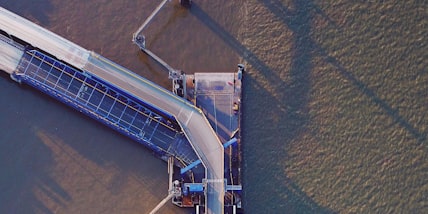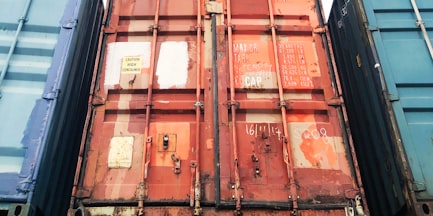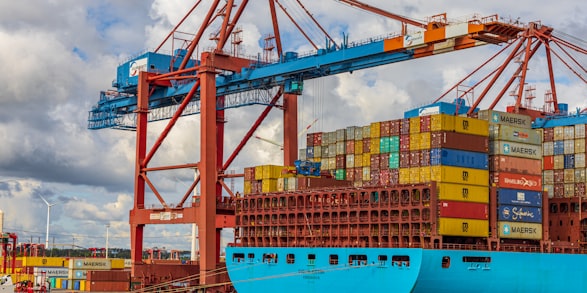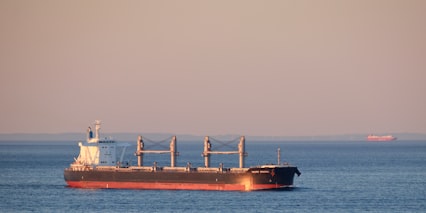
Just about any time a new, groundbreaking technology takes off, comparisons to the internet are inevitable and seldom warranted. The smartphone industry, for example, could be considered a case of the latter.
But the modern mobility industry may be an even better comparison.
Transportation companies are everywhere, and they’re growing their presence more and more each year. Mobility providers, including freight forwarders, supply chain managers, asset trackers and financial services providers...
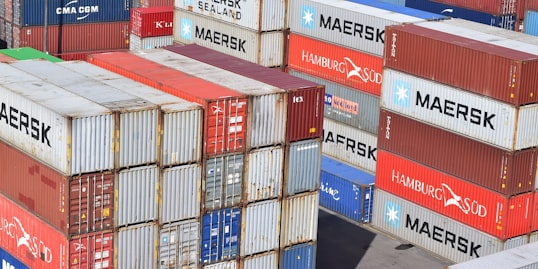

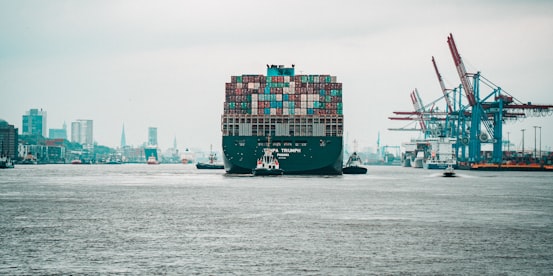
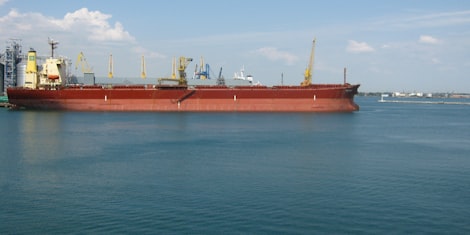
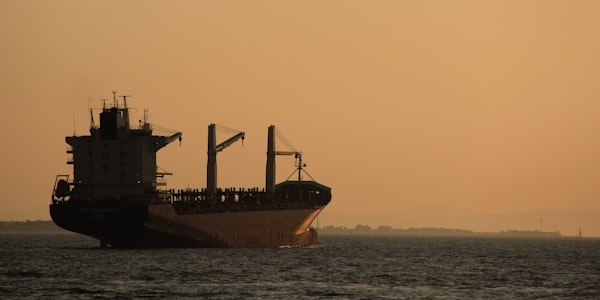 A McLean Trucking Company patch. (Photo: NC Historic Sites)
A McLean Trucking Company patch. (Photo: NC Historic Sites)